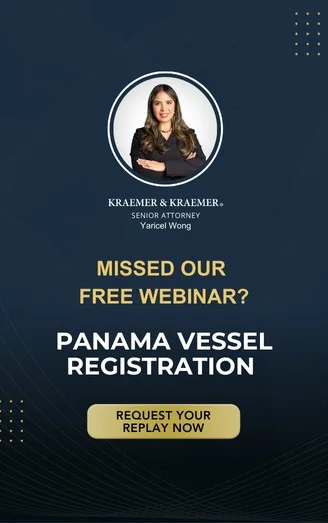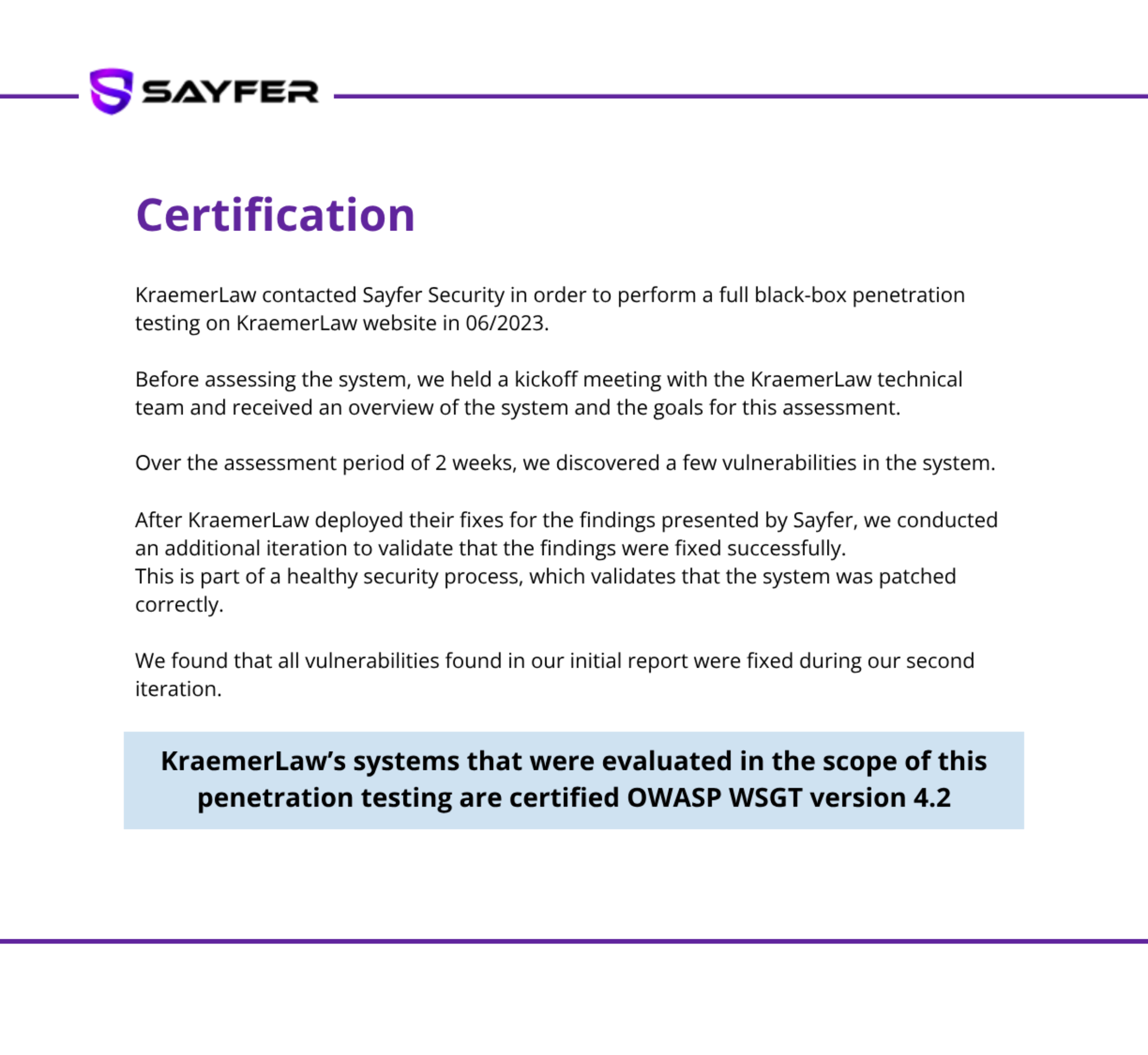Panama holds the second largest merchant fleet in the world, with over 230 million gross tons registered under its flag in 2023. This is influenced by its agile vessel registry process (also known like flagging), its legal security and maritime tax incentives, as well as the important Panama Canal, which connects with 1,920 ports in 170 countries. In addition, the International Maritime Organization (IMO) has consistently recognized Panama for its commitment to regulatory compliance. Ships selling the Panama flag are known to operate under high safety and performance standards—something that brings confidence to shipowners and international partners alike.
The Legal Framework of Panama Vessel Registry
With the passing of Maritime Law No. 63 in 1917, the country implemented an open system that facilitates cargo ship registry without nationality restrictions, thus promoting the Panamanian industry. Currently, the vessel registry is mainly governed by Panaminian maritime law, specifically Law 57 of 2008, which supervises the Merchant Marine and establishes the procedures, requirements and benefits for shipowners.
The agency in charge of supervising and administering the cargo ship registry is the Panama Maritime Authority (AMP), through the Directorate General of Merchant Marine. Among its core functions, the AMP oversees the granting of navigation patents, radio licenses and maritime safety certifications, aligning with international conventions such as STCW and SOLAS. In addition, Panama offers a system of ship mortgages, which grants owners the possibility of using their vessels as a guarantee to obtain financing, providing legal security to investors and lenders.


Key players in the Panama vessel registration process
The country offers one of the most efficient inscription systems, with more than 53 consular offices and 14 technical offices in different continents to expedite the procedure. After more than 100 years in the exercise, important entities have been formalized in the course of Panama vessel registry, such as:
- The Panama Maritime Authority (AMP): The AMP is the government entity responsible for controlling and supervising the maritime sector in the country. It is responsible for administering the vessel registry process, issuing certificates and monitoring obedience with maritime transportation security acts.
- General Directorate of Merchant Marine in Panama: Under the AMP, this directorate manages the Panama vessel registry, oversees safeness and compliance with foreign ordinances.
- Panamanian Consulates: Facilitate the vessel registration abroad, emitting temporary documents and assisting in the provisional registration process.
- Office of Public Registry of Vessel Title: Responsible for the archiving and maintenance of the Panama vessel registry, overseeing the legality of the documentation and possession of commercial ships sailing under its flag.
- Office of Vessels in Panama: Responsible for the supervision and administration of the vessel registry procedure, enforcing conformity with shipping regulations and facilitating the management of procedures before the Panama Maritime Authority.
Maritime transportation security acts
The Panama maritime transportation security acts are formed by many legislations. Law 57 of 2008 establishes specific provisions to guarantee the safety within the Panama ship registration. Among the most important conditions are the obligation to comply with safeness audits, international certifications and periodic maintenance checks. The AMP and other supervisory entities verify compliance with these parameters through regular inspections and evaluations.
In addition, Panama’s maritime transportation security acts are complemented by Law 55 of 2008, which stipulates the rules for maritime commerce in Panama, regulating how vessels are bought, sold and operated, as well as the rights and responsibilities of those involved in the transportation of goods by sea. Likewise, Law 56 of the same year defines the rules governing Panama’s ports, such as their administration, the concessions for their operation and the formalities they must meet to guarantee their proper functioning and economic growth.
The Environmental Code of Conduct for Port Management in Panama establishes guidelines and best practices, aligned with IMO policies and other foreign organizations, to minimize the environmental impact of port activities, promoting sustainable development and the protection of marine and coastal ecosystems.
Growth and Importance in Global Maritime Trade

The ease of Panama vessel registry, combined with its maritime tax incentives, has resulted in 16% of the world’s ships sailing under its flag. This has led to multinational companies and merchant fleets choosing to enroll commercial ships in the country. In 2023, the country recorded a 2.9% growth in the Panama cargo ship registry, consolidating its position in global maritime trade.
Main Considerations in Commercial Ship Flagging
Although Panama vessel registry is one of the most popular due to the many advantages it offers, it is also important to take into consideration certain obligations and formalities involved:
- Conformity with standards: Vessels must adhere to Panama maritime transportation security acts, IMO policies and international conventions such as SOLAS and MARPOL.
- Audits and certifications: Registered cargo ships must undergo periodic audits to verify their fulfillment with technical and operational requirements, as well as have international certificates attesting to their navigability.
- Payment of fees and levies: Administrative fees are payable for vessel registry and issuance of official documents.
- Record keeping: Proprietors must keep the commercial ship’s records up to date and notify any relevant changes to the MPA.
- Marine insurance: It is mandatory to have insurance coverage for the vessel and its crew, in adherence with Panamanian and foreign affairs.
- Waste and residue management at sea: Must be carried out in accordance with guidelines to prevent pollution and protect marine ecosystems.
Steps for Cargo Ship Registry in Panama
The Panama vessel registry begins with the assignment of a resident agent and the compilation of documents, such as proof of proprietary, safety certificates, among others.
1. Pre-registration requirements and eligibility
To be listed under the Panama vessel registry, ships must comply with certain requirements and submit the following documents:
- Title to the commercial ship.
- Certificates of seaworthiness and safety issued by recognized classification societies.
- Designation of a legal representative in Panama.
- Payment of administrative fees established by the Panama Maritime Authority.
2. Obtaining provisional registration
Provisional Panama vessel registry to operate under its flag for a period of six months while the conditions for definitive commercial ship flagging are completed. During this time, shipowners must:
- Obtain the provisional navigation patent.
- Present a tonnage certificate issued by a recognized classification society.
- Comply with initial inspections ordered by the AMP.
3. Moving to permanent registration
To obtain permanent cargo ship registry, owners must:
- Complete the Panama vessel registry process by submitting definitive certificates.
- Demonstrate compliance with safety and environmental protection audits.
- Pay the corresponding fees to the AMP.
With the completion of these steps, the vessel is authorized to sail under Panama flag, permitting it to operate for national or international service, in accordance with Panamanian and foreign maritime transportation security acts.
Important Advantages for Shipowners

- Freedom of owners and crew: There are no restrictions on the nationality of the titleholders or crew.
- Efficiency in the cargo ship registry: The Panama vessel registry procedure is fast, allowing provisional registration to be obtained in a matter of one business day.
- Network of consular offices: With a presence in several countries, Panamanian consulates allow owners to manage the cargo ships registry and other formalities without the need to travel to Panama.
- Adherence with international standards: The Panama flag is recognized for its compliance to IMO regulations and other safety and operational standards.
- Access to maritime tax incentives: Merchant fleets can benefit from a favorable fiscal system, including exemptions on certain taxes and reduced rates for the Panama vessel registry.
- Favorable location: Panama’s geographical position facilitates foreign trade and provides prestige to vessels sailing under its flag.
Register Your Vessel Under the Panama Flag
Although the Panama vessel registry is efficient and achievable, the law requires that each shipowner has a legal representative in the country, not only for the formalities but also to provide the specialized advice needed.
At Kraemer & Kraemer we have a legal team with large experience in maritime law and ship flagging. If you are interested in Panama commercial vessel registration services, do not hesitate to contact us to receive personalized advice and take advantage of the benefits of the Panamanian flag.






